Sriharikota (Andhra Pradesh), February 17, 2024 – The Indian Space Research Organisation (ISRO) achieved another milestone on Saturday with the successful launch of the INSAT-3DS meteorological satellite aboard GSLV F14 from the Sriharikota spaceport. The satellite, dedicated to weather forecasting and natural disaster warnings, marks the 16th mission of GSLV.
In a flawless execution, GSLV deployed the INSAT-3DS meteorological satellite into the Geosynchronous Transfer Orbit (GTO). The subsequent orbit-raising maneuvers will position the satellite in a Geo-stationary Orbit, ensuring its optimal functionality.
The INSAT-3DS Satellite, a follow-on mission of the Third Generation Meteorological Satellite from Geostationary Orbit, is fully funded by the Ministry of Earth Sciences (MoES). The satellite, a collaborative effort with significant contributions from Indian Industries, is designed to enhance meteorological observations, monitor land and ocean surfaces, and bolster weather forecasting and disaster warning capabilities.
Various departments of the Ministry of Earth Sciences, including the India Meteorology Department (IMD), National Centre for Medium-Range Weather Forecasting (NCMRWF), Indian Institute of Tropical Meteorology (IITM), National Institute of Ocean Technology (NIOT), Indian National Center for Ocean Information Services (INCOIS), and other agencies, will utilize the INSAT-3DS Satellite data. This collaboration aims to provide improved weather forecasts and meteorological services.
The INSAT-3DS Satellite will complement the services offered by the currently operational INSAT-3D and INSAT-3DR satellites. Its primary objectives include monitoring Earth’s surface, conducting oceanic observations, and studying the environment in various spectral channels of meteorological importance. The satellite will provide crucial data for the vertical profile of various meteorological parameters of the atmosphere.
Additionally, the mission includes providing Data Collection and Data Dissemination capabilities from the Data Collection Platforms (DCPs) and Satellite Aided Search and Rescue services. The successful launch represents a significant step forward in India’s space capabilities and reinforces ISRO’s commitment to advancing scientific research for the betterment of society.




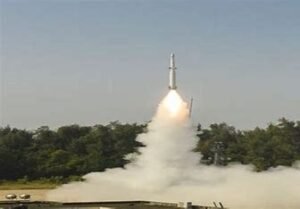







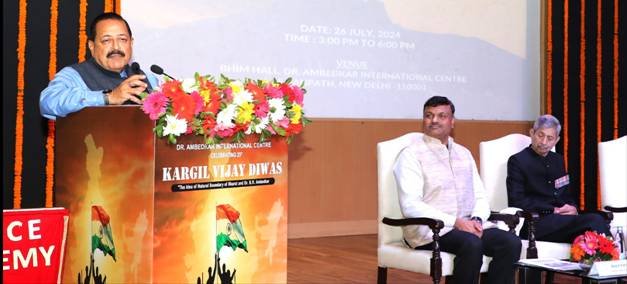




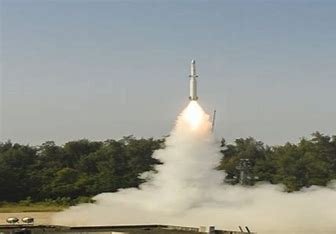
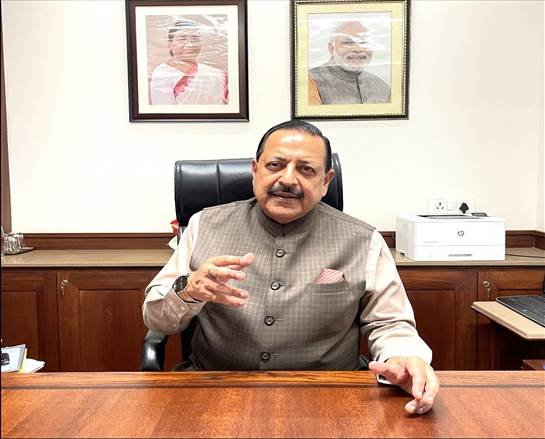

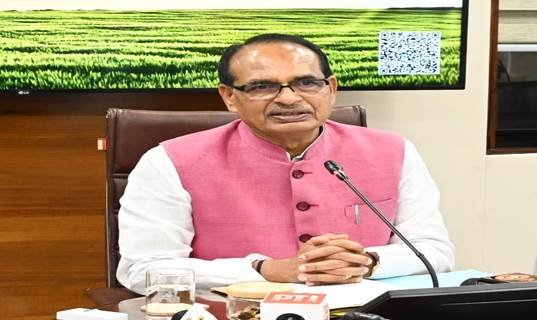
+ There are no comments
Add yours